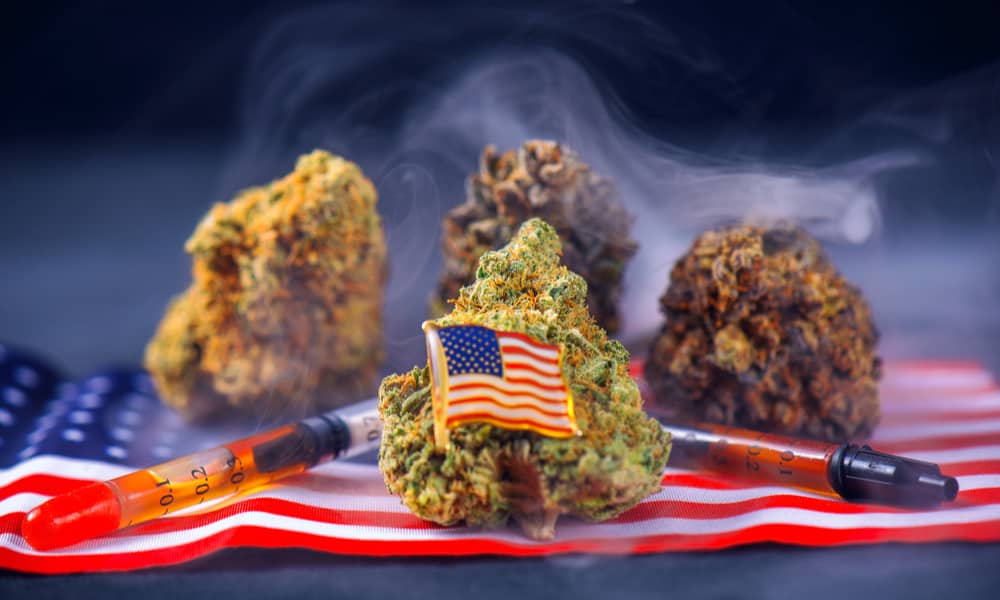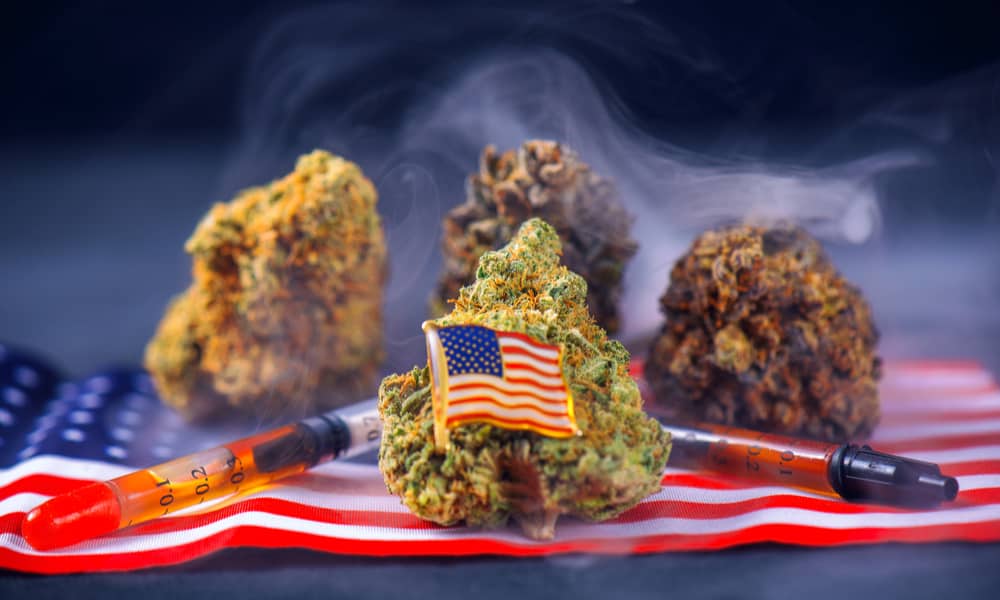
If only this story was an outlier and federal prohibition didn’t continue to make life difficult for veterans, even in states with recreational cannabis. But the Boston Globe published an article today about how a 35-year-old disabled Massachusetts vet, his wife, and their two kids, have been thwarted in their housing search because the guy has a management level job in the cannabis industry — and it’s indicative of issues facing our vets across the country.
Part of the veteran’s benefits from the military include a guarantee of a no-money-down loan for a low-rate mortgage. But he was declined when the family applied for the perk upon finding a split level ranch home with a yard in which the kids could play.
The VA’s official line on the matter — which they gave to Representative Katherine Clark’s office after the vet turned to his member of Congress for help — was that underwriting the loan could leave the agency vulnerable to money laundering charges. But it also stated that the man’s source of income wasn’t “stable and reliable” enough to be considered for the financing.
The vet (who asked the Globe to remain anonymous so that his other military benefits wouldn’t be jeopardized) called foul on this latter half of that reasoning, given that he works as an assistant manager in a licensed marijuana store that according to him, has quite a healthy bottom line.
“If I worked for a startup company, they’d see that as more secure,” he said. “My shop takes in $100,000 a day — what’s more secure backing than that?”
“I was actually accomplishing a lifelong goal of mine, and then to have it pulled right out from under you at the 11th hour … I was blown away,” he said. “It was very frustrating and demoralizing.”
He’s not the only vet who has recently been stripped of their benefits due to participation in the state-legal cannabis industry. Two-time veteran of the Iraq and Afghanistan Wars, Army Major Tye Reedy had his pension taken away when the military found out that he works as director of operations services at a massive Canadian cannabis company.
As more states legalize cannabis — and Illinois became the 11th state to do so this week — the gaps in state by state regulation are becoming ever so clear. Public housing residents are at major risk across the country, since they can literally lose the roofs over their heads should governmental agencies find that they are consuming even state-legal marijuana in their homes.
But surely, vets are some of the most underserved by the current model of cannabis legalization. Most, after all, are seniors who get their health care from veterans’ hospitals, which across the country have made it clear that residents in veterans’ homes cannot even consume the stuff, much less get a recommendation for it from their doctor. That’s an issue, especially since vets are more at risk for some of the health conditions that have the strongest scientific proof of being helped by marijuana, chronic pain and PTSD among them.
For his part, however, the unidentified veteran has no regrets about either his professional or personal involvement in the cannabis industry. He told the Globe that he uses marijuana to treat chronic pain in his shoulders that was caused by a military training incident. Before, he used opioids to alleviate the discomfort, which had negative effects on his daily mood. “I was a shell of myself,” he said, remembering that pre-pot era.











